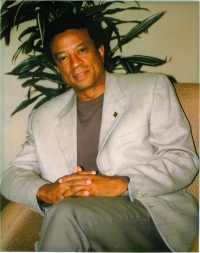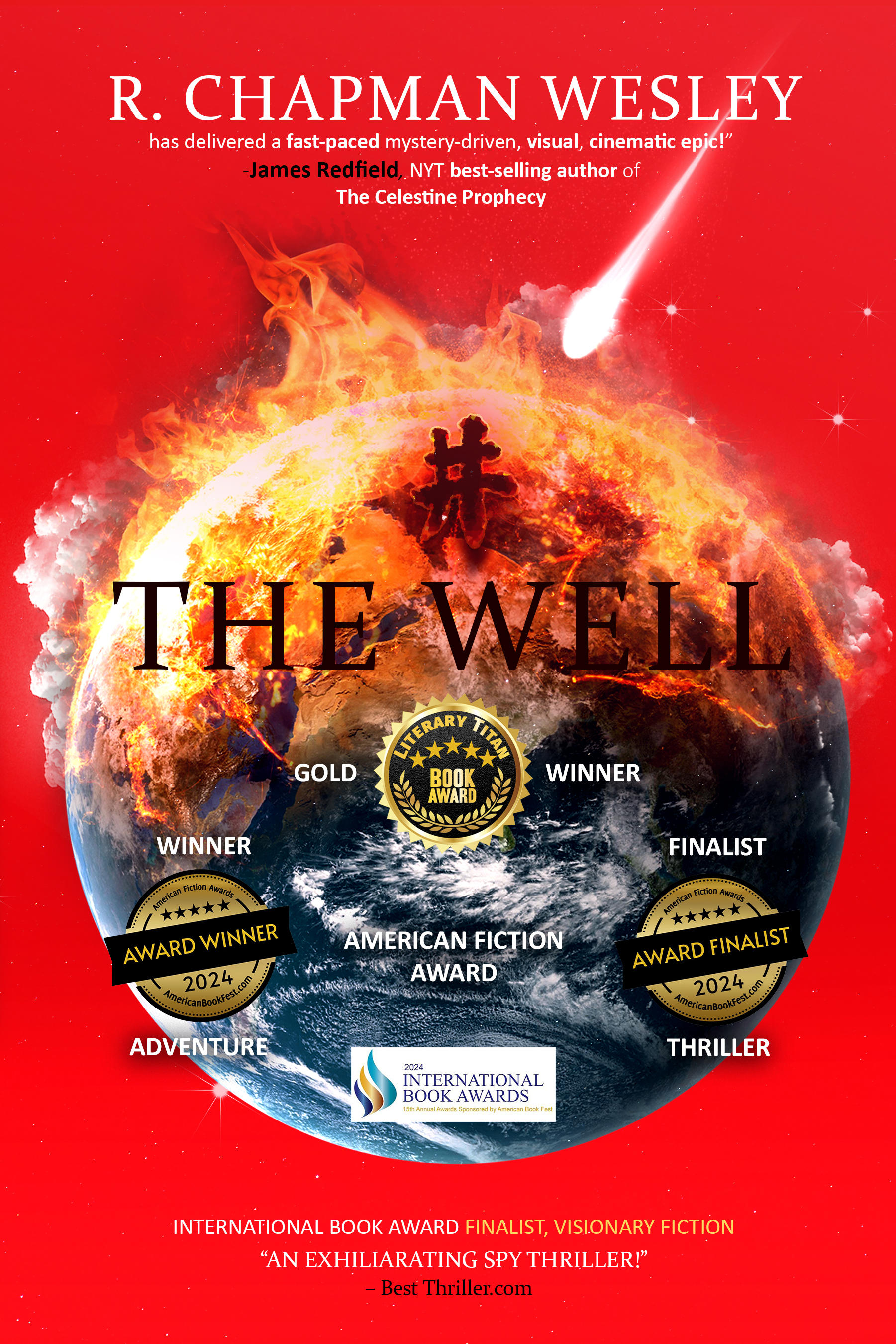Q&A with Author
1. What was your inspiration for the book?
I pondered the following:
At the current state of mankind’s moral and ethical development, would a miraculous discovery controlled by a very few lead to universal well-being or universal tyranny?
2. As a medical professional, do you believe there will be a universal cure for all maladies one day?
The question is far too open-ended to examine from a medical perspective because the root causes of disease can be multifactorial. Thus, the approach to well-being is most likely multidimensional. I believe that the path to universal well-being is very possible, but reaching it, for each of us individually and collectively, is dependent upon all that has transpired before, and all the powers of mind, feeling, words, and actions we can exercise now and in the future.
All that has happened before has contributed to our now. All that is happening now, starting with our choices, is affecting our now and is shaping and creating our future.
3. How did you come to be a student of Taoism and how did it influence the writing of The Well?
As a college student, I was impressed by how the random probability in flipping coins could yield insight and answers to the questions I would pose as expressed in the 64 hexagram-images of the I Ching.
Later, I discovered the mystical poems of the Tao Te Ching by Lao Tzu.
As a college sophomore, I discovered and began a lifelong love affair with dance to heal the torn ligaments in my ankle from playing pick-up basketball. Fascination with dance of all types over time led me to the meditative movement of Tai Chi and later as a novice student of Kung Fu.
More recently, I have discovered the works of Dr. and Master Zhi Gang Sha most notably expressed in his book, “Tao Classics of Longevity and Immortality: Sacred Wisdom and Practical Techniques.”
Aside from the original works of Lao Tzu, I had two very important additional intellectual influences.
While working in a public health clinic, I became interested in clinical hypnosis which became a lifelong endeavor.
Finally, more than 2 decades, I have studied the works of Ernest Holmes and aspects of his seminal work, “Science of Mind,” every morning upon awakening. His works have a multicultural approach to the development of the mind with deeply embedded principles of Taoist thought.
4.What do you hope readers will take away from reading The Well?
Find a meditative method and stick with it.
The left brain without its companion right brain is a lonely brain.
Striving for personal salvation is not enough. We have a responsibility to enhance the well-being of all that are living.
5. What other book projects are you working on?
Currently I am writing “The Horse.”
In 1947, a young ex-Marine Wyoming rancher, whose wife died in a relocation camp after childbirth, seeks a cure for his 5-year-old Japanese American daughter’s terminal illness based on a “calling” from a Native American legend.
After that, “The Cauldron.”
How did The Cauldron, the pure golden pot cited in The Well, get across the Pacific from Macau, China, by the treachery of Portuguese Pirates/Slavers, landing in Spanish controlled Colombia as slavers with no slaves, in the middle of an African slave rebellion in 1728, traveling over the Andes, staving off malaria, indigenous attacks, and betrayal among themselves, before reaching the Western Amazon, and then entrusting the pot to “The Unseen?”
And to follow, “The Amulet.”
It is a futuristic story of how Astra, the daughter of Rex and Gia, revivified “The Unseen.”


